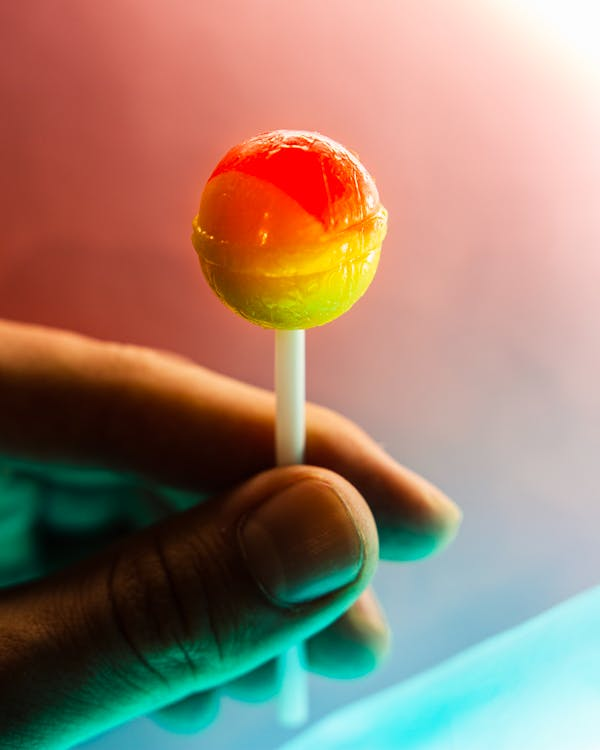There’s no age for becoming an entrepreneur. While most of us imagine adults when we think of entrepreneurs, the truth is that anyone can be an entrepreneur. They just need to have that entrepreneurial spirit.
Today, there are plenty of examples of kid entrepreneurs who’ve inspired children and adults alike. Their display of creativity, determination, problem-solving skills, and self-confidence has impressed us all and paved the way for future kidpreneurs. They’ve started their unique ventures, improved their products along the way, and shown everyone that kids, too, can be successful entrepreneurs and business owners.
These examples also highlight the significance of entrepreneurial learning for kids, something that CompuChild focuses on with its STEM education franchise. We emphasize entrepreneurial learning through our enrichment programs, combining entrepreneurship and STEAM education to help young children develop crucial skills.
Here’s a look at some kid entrepreneurs who started their businesses at a young age.
Robert Nay
Robert Nay was just fourteen when he created a mobile game called “Bubble Ball” in 2010. Within weeks of its creation, the game took the Apple app store by storm and became one of the most popular apps at the time. It got one million downloads within the first two weeks alone, beating Angry Birds’ record of being the most downloaded free game.

So, how did this fourteen-year-old create the number one iPhone app? The eighth grader wasn’t a gaming expert when he launched his mobile app. He didn’t even have any coding or business experience. However, that didn’t stop him from creating Bubble Ball. Robert researched extensively at a public library and learned how to write code for the game app in a month. The 4,000 lines of code he wrote allowed him to create a physics puzzle game in the form of a mobile app. He has since introduced new levels and upgrades, created new applications, and has become the CEO of his company ‘Nay Games.’
Robert Nay’s example of perseverance teaches kid entrepreneurs to be resourceful and make the most of what they have to innovate. It also teaches them to identify and learn the skills they need to expand on their idea and make them a reality.
Lily Born
At the age of 8, Lily Born developed a product that had not existed: Kangaroo Cups. She’d observed her grandfather struggling to hold glasses and cups because of Parkinson’s disease and often spilling his drinks. Lily saw this as an opportunity to create a drink holder that wouldn’t tip over and cause spillage. She used her problem-solving skills to provide her grandfather with a solution via a moldable plastic cup that was easy to use and prevented spillage.
A year later, Lily created a ceramic version of the product. This was inspired by her observations of her father accidentally spilling coffee on his computer. She developed the ceramic cup to prevent coffee-spill disasters.
Today, Lily runs her own company called Imagiroo and provides the original Kangaroo Cups to minimize drink spills. Her entrepreneurial success story is an example of how kids can develop new ideas and offer solutions for different issues by utilizing their problem-solving skills. It also shows us that you don’t need to make a ground-breaking invention to succeed. Sometimes, all it takes is a simple product to grow your business.

Alina Morse
Kids love candy, and seven-year-old Alina Morse was no different. However, she also knew candy wasn’t great for her oral health—something her father frequently reminded her. Most kids her age would’ve complained, thrown tantrums, or simply accepted that they couldn’t enjoy candy, but Alina had something else in mind. Instead of giving up candy, she created her own version of healthy candy and there’s been no stopping her ever since.
Alina started her line of healthy lollipops (named Zollipops by her younger sister) with an initial investment of $7,500 that her grandparents graciously offered her. She researched different ingredients, spoke to dentists and health experts, and experimented with different batches before creating a sugar-free version of a lollipop she could sell. Her business, Zollipops, was officially launched in 2014 and provided kids (and adults) with a healthy, sugar-free treat that wouldn’t rot their teeth. Since then, she has successfully pitched her business idea to investors, been featured in various magazines, and been invited to the White House as an official guest.
Alina’s example of kidpreneurship shows us that you can expand upon an idea regarding something you love. You don’t have to wait for a big revelation to kick-start your venture. Sometimes, you just need to look around you to study what you like and determine how you can make a business out of it. It’s also an example of applying creative and critical thinking to solve problems.

Become a STEM Education Franchise Owner Today to Promote Entrepreneurial Growth in Kids
COMPUCHILD provides educational entrepreneurs with a unique and innovative children’s education franchise opportunity. These one-of-a-kind Entrepreneurial STEAM-focused classes teach elementary school kids core life skills, such as critical thinking, problem-solving, and collaboration. They develop several technical and interpersonal skills in the process, fostering an entrepreneurial spirit and becoming more empowered. This helps them navigate complex real-life situations.
What sets our after-school enrichment classes apart is the emphasis on building a strong foundation during childhood. Unlike most STEM programs, our enrichment program helps kids think outside the box and develop an entrepreneurial mindset. They help kids and teens become young entrepreneurs by learning new skills and exploring new options.
Contact our team today to learn more about our kids’ education franchise and how you can own a franchise to contribute to children’s entrepreneurial growth and development.


